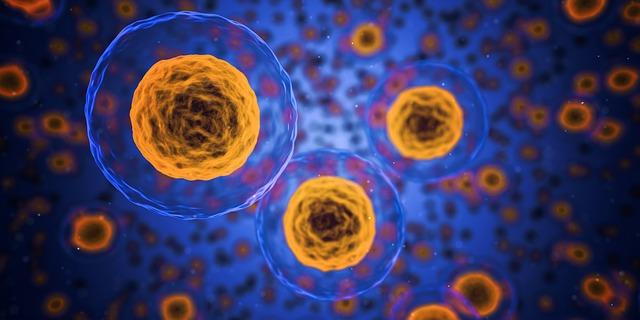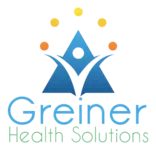
The Healing Mechanism Hardly Talked About
There are certainly a number of ways to improve our health. Some of the ways are more well known than others. Let’s see, we have (generally speaking) eating better, oxygenating our cells through proper exercise, detoxification and increasing peace. However, there is one tool to achieve better health that is often overlooked and in my opinion, one of the most powerful healing mechanisms ever.
Autophagy
Autophagy is an intracellular degradation system that delivers cytoplasmic constituents to the lysosome. It is the natural, regulated destructive mechanism of the cell that disassembles unnecessary or dysfunctional components.
In other words, the process of autophagy rids the body of poisonous by-products. This is safe and natural and should be happening regularly if we allow it happen. Unfortunately, some of our lifestyle practices impede this process which can create a disease state. If allowed to accumulate, dysfunctional cellular by-products and organelles contribute to poor tissue and organ function. The opposite occurs if autophagy is stimulated.
For example, up-regulation of autophagy in the brain is strongly neuroprotective. In the liver, up-regulation of autophagy increases fat usage and insulin sensitivity, while inhibition of autophagy leads to pre diabetes and metabolic syndrome.
Stimulation of Autophagy
The fastest and most effective way to stimulate autophagy is fasting. Human biology is programmed to go through times of feast and famine. Eating frequently and consuming foods that promote a constant insulin response is a surefire way to inhibit autophagy. There are several studies that show how fasting promotes autophagy. One study found that the number of autophagosomes increased 300% (in the liver) after 24 hours of fasting. Another study found similar finding with autophagosomes and brain cells. In addition to looking at autophagosomes of cells, a handful of metabolic markers were observed. Almost all of these markers peaked between 24 and 36 hours.
How to Fast
It would be in your best interest to find a healthcare provider with the knowledge and experience to be able to coach you through the fasting process. Personally, I eat only one meal per day around 3pm. It’s also important to make healthy choices when you do eat. Processed carbohydrates, grain, hydrogenated oil, conventional animal sources should always be avoid. Making poor nutritional choices will throw a wrench in the system. A nutrition plan full of healthy fats, moderate protein and low/very low carbohydrates is a good place to start. Again, if you’re interested in starting an intermittent fasting program, find a qualified practitioner to coach you. I’ve done every version of intermittent fasting imaginable. I’ve been practicing it for over 10 years and do several extended fasts per year which can be as long as 16 days. I wouldn’t recommend that to start with.
My first intermittent fasting program was to eat between noon and 6pm every day. That makes a 6 hour eating window and 18 hour fasting window. Between noon and 6pm, I ate, simple as that. In my 18 hour fasting window, I only drank water. Now, as I mentioned, I only eat one meal per day (24 hour fast every day) to fully get the benefits of autophagy. Some weeks, I’ll eat every other day which equates to about a 36 hour fast several days per week.
If you have questions or are looking for personalized coaching, contact us at www.greinerhealthsolutions.com.
http://www.tandfonline.com/doi/full/10.4161/auto.6.6.12376
